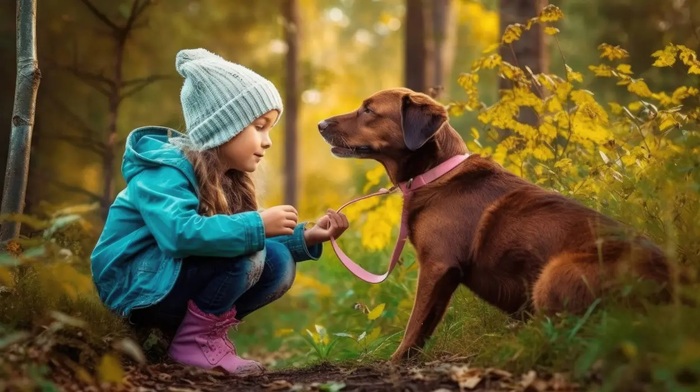To each his own ideal dog: finding the optimal match between a human being and his dog is possible with an algorithm capable of analyzing the personalities of both, especially when it comes to working dogs.
This was developed by the research conducted by the Universities of East London and Pennsylvania for the American startup Dogavatarm.
The result is published in the journal Scientific Reports.
Just like humans, dogs have their own personalities and finding harmony is not always easy.
The difficulty is felt above all when working dogs have to be selected, for example for assistance to people with disabilities or for the service of law enforcement.
To help dog training agencies, the algorithm analyzes the animals' behavioral data to predict their behavior and simultaneously analyzes the characteristics of potential owners, thus increasing the chances of assembling a close-knit couple.
The algorithm uses data from 8,000 responses to assessment tests: “by pooling data from thousands of surveys, we can tailor responses into categories such as dog rivalry and fear of strangers,” said James Serpell, an expert on ethics and animal welfare from the University of Pennsylvania.
The answers are associated with parameters divided into groups, such as 'anxious/fearful' or 'calm/pleasant', and which include behaviors such as 'gets excited when the doorbell rings', 'aggressive towards unknown dogs who visit the house' or 'chases the birds'.
“It is an algorithm – added Piya Pettigrew, CEO of Dogvatar – that could significantly improve the efficiency in the process of training and placing working dogs and could help reduce the number of companion dogs returned to kennels because they are not compatible.
It's a win for both dogs and people."
Reproduction reserved © Copyright ANSA

